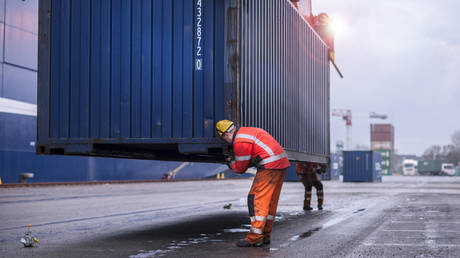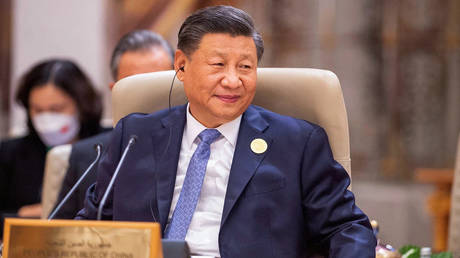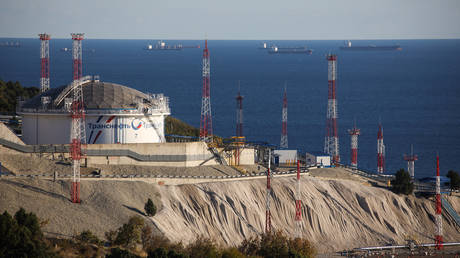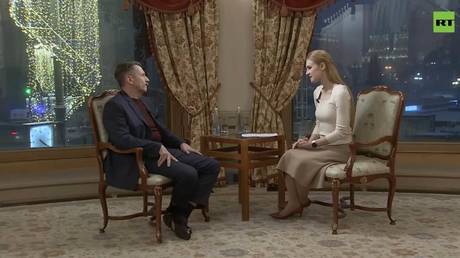Condom giant hit by Covid lockdowns
Malaysian company Karex Berhad, which produces more than 5.5 billion condoms annually, said it will diversify into the booming medical glove manufacturing business to boost revenues as demand for its production has declined. Read Full Article at RT.com

Sales of world’s biggest prophylactics maker dropped by 40% during pandemic
Malaysian company Karex Berhad, which produces more than 5.5 billion condoms annually, said it will diversify into the booming medical glove manufacturing business to boost revenues as demand for its production has declined.
In a recent interview with the Nikkei Asia, the company’s CEO, Goh Miah Kiat, attributed the slump in demand for condoms to pandemic-induced lockdowns. The firm's sales declined by 40% in the last two years. The sex industry, which is normally a major condom market, has also been impacted by the health crisis, he said, with sex workers facing challenging conditions. Goh pointed to hotel and motel closures, noting that those locations had provided privacy.
According to the Karex CEO, large-scale government condom distribution programs were also hit by the coronavirus pandemic.
“A large portion [of condoms] is distributed by governments around the world, which have reduced [distribution] significantly during Covid-19,” Goh said. “For instance, in the United Kingdom, the NHS [National Health Service] shut down most nonessential clinics because of Covid, and sexual wellness clinics which hand out condoms were also closed,” he added.
READ MORE: Robot sex dolls: The real winners in the coronavirus pandemic
Talking about the company’s plans to move into glove manufacturing, which has seen significant growth during the pandemic, Goh said production was set to begin in Thailand by the middle of this year. Similar raw materials and technologies are used in both condom and glove-making, he explained.
Karex posted a full-year loss for its fiscal 2020 ending June, which is the company’s first since it went public in November 2013. Its share price on the Bursa Malaysia exchange nosedived by almost 50% last year.
For more stories on economy & finance visit RT's business section
















